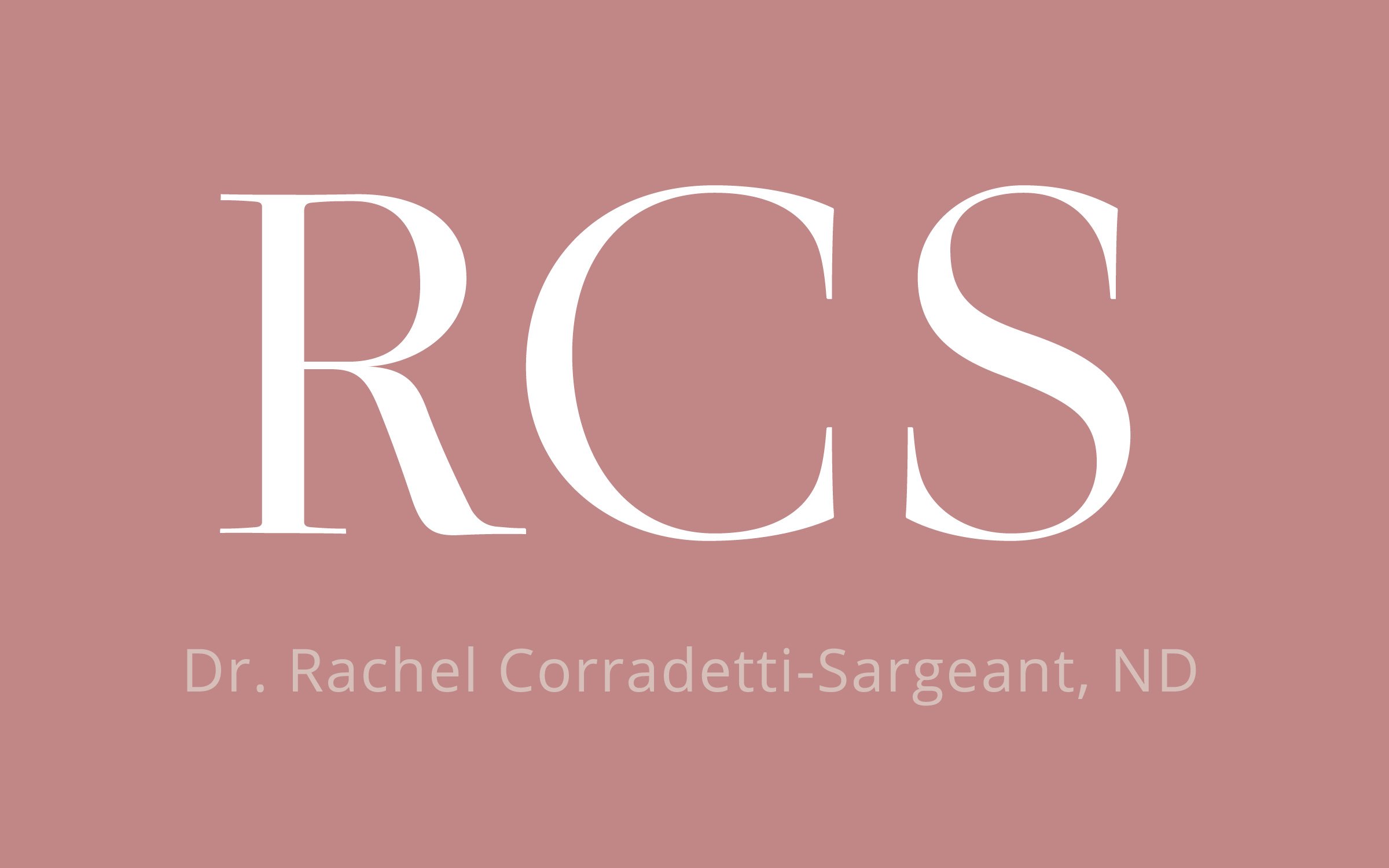Environmental Toxins & Infertility
We are learning more and more about toxins and fertility impacts on hormone balance, egg and sperm quality and pregnancy outcomes. We are exposed daily to approximately 800 chemicals, through air, touch, non-organic food and unpurified water. Toxins are everywhere, and most are identified as adversely affecting the health of eggs, sperm and the developing fetus.
Also, over 200 chemicals have been found in the cord blood of infants upon birth. These are known health impactors.
Today’s mission involves becoming more aware of environmental toxins you may be exposed to.
air
heavy metals - lead, mercury, arsenic
AIR
Air pollution is a tough topic because action is limited based on where you might live.
Bigger cities with higher levels of smog are more problematic. However rural areas with heavy pesticide use can be equally concerning.
If you do live in a big city, do your best to limit your outdoor activities on days when smog is especially intense.
A few other tips:
- stop using dryer sheets
- check out this article by Emma Rohmann all about indoor air quality
- consider investing in some air-purifying plants, like these suggested by David Suzuki Foundation
- consider an indoor air filter, like IQAir, especially if you suffer from Multiple Chemical Sensitivities and/or asthma
Reference: PMID: 30594197
HEAVY METALS
Okay, moving on from air quality to heavy metals. Did you know they are lurking all around you? They are linked to infertility, miscarriage and congenital defects. Mercury, lead and arsenic are our top concerning agents. Today, I encourage you to consider where these metals may be in your life.
Mercury:
Where?
Exposure typically comes from fish, fluorescent light bulbs, fillings and old thermometers.
What To Do?
- Discuss alternative filling options with your dentist at your nest visit.
- Change flourescent lightbulbs out for LED (please contact your municipal waste centre to understand how to properly do this)
- Stop eating mercury-containing fish. Safest options are wild pacific salmon, wild trout, and haddock. You can learn more at Seafood Watch.
Lead:
Where?
Any house paint used before 1978, lead water pipes, and toy and canned goods from other overseas, and makeup containing kohl or sumac.
What To Do?
- Have your water tested for lead
- Avoid toys and canned goods from overseas
- Makeup - we'll be discussing this in much greater detail, but you can start to familiarize yourself with it here
Arsenic:
Where?
- Contaminated water, food and air
What To Do? It's a bit tough, but one thing is to limit rice in your diet:
- Choose rice from Lundeberg Family Farms
- Choose a variety of grains other than just rice
Limit rice-containing foods
